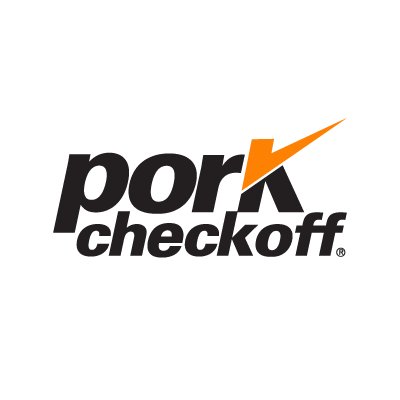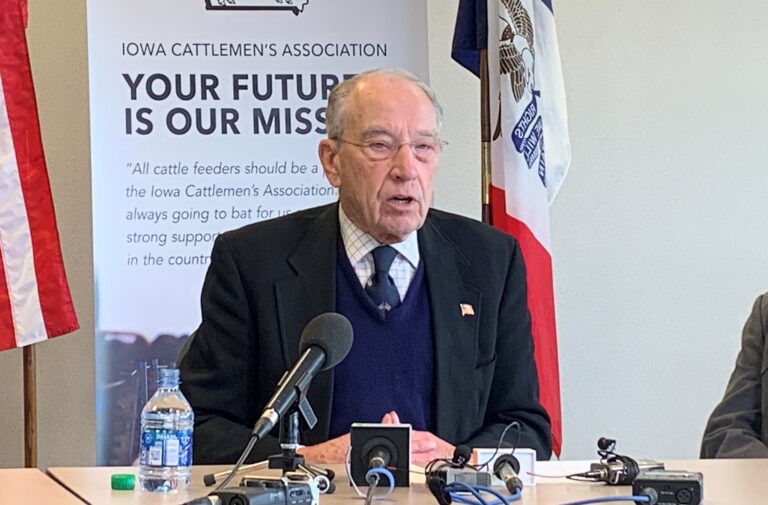(IARN) — United States agricultural producers received among the sweetest of gifts this past Valentine’s Day – A fully enforceable Phase One trade deal with China. A market analyst shares what this means for agricultural commodities.
American and Chinese officials must now abide by provisions set by the Phase One trade deal. A series of changes will quickly be set into motion.
Politico reports China must formally recognize the United States dairy system as safe as its own and allow imports of American pork inspected by the U.S. Department of Agriculture’s (USDA) Food Safety and Inspection Service by February 24. Chinese officials must then lift their ban on United States pet foods containing ruminant ingredients and eliminate cattle age requirements for imports of U.S. beef and beef products by March 14.
“From what we understand, they are going to be looking at purchases in the first five to fifteen days now that we’re enforceable on this deal. We didn’t get anything to start the week. As we get closer to the end of the week, that’ll be something to watch (for),” McBride said.
“Demand, whether it be for corn, soybeans, wheat or cotton, should be viewed as bullish by all commodities,” according to McBride. He expects demand to rapidly increase in late summer/early fall.
“I don’t see them buying a lot from us in the short-term. This is going to be a little piecemeal, here and there. Brazil is still the main game when it comes to best prices. When it comes to them buying in mass from the United States, it’s going to be as we get closer to this year’s new crop,” McBride said.
Story courtesy of the Iowa Agribusiness Radio Network.
Image from KIWA Image Archive












